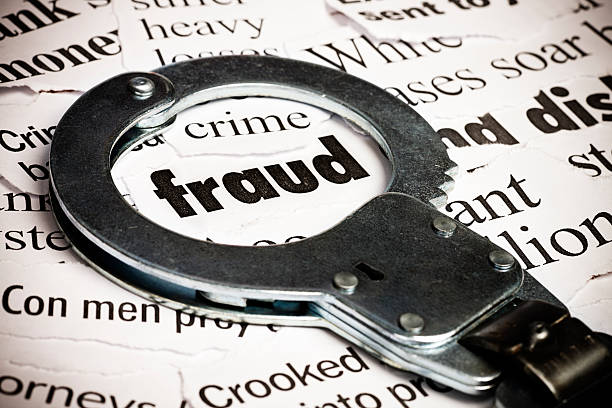In today’s digital age, the threat of financial crimes is higher than ever. These crimes can range from simple fraud to complex schemes like money laundering. Understanding the implications of these crimes and how to protect yourself is crucial for safeguarding your future.
The Hidden Dangers of Financial Crimes
Financial crimes are illegal acts aimed at deceitfully obtaining money or property. They impact not just individuals but also society at large. When financial crimes occur, they create a ripple effect that harms economic stability and public trust.
What Are Financial Crimes?
Financial crimes encompass a wide range of illegal activities that relate to money. These include:
- Fraud – Deceptive practices to secure financial gain.
- Identity Theft – Stealing someone’s personal information to commit fraud.
- Money Laundering – Concealing the origins of illegally obtained money.
These crimes have devastating effects on victims, leading to stress, financial loss, and even personal ruin.
Types of Financial Crimes
Understanding the different types of financial crimes will help you recognize and avoid them.
Fraud
Fraud involves deception to achieve unlawful financial gain. It can occur in various forms including investment fraud, credit card fraud, and insurance fraud.
Identity Theft
Identity theft happens when someone steals your personal information to commit fraud. This can result in unauthorized purchases, opening new accounts in your name, and even damaging your credit score.
Money Laundering
Money laundering is the process of making illegally-gained money appear legal. This often involves complex transactions to disguise the true source of funds.
The Long-Term Effects
Financial crimes don’t just affect you immediately; they have long-lasting repercussions.
Impact on Credit Scores
Once you fall victim to a financial crime, your credit score may plummet. A low credit score makes it difficult to obtain loans, mortgages, and even affects your insurance premiums.
Employment Opportunities
Having a tarnished financial record can also impact your job prospects. Many employers conduct credit checks, and a poor score can be a red flag.
Personal Relationships
Financial stress takes a toll on personal relationships. The strain can lead to marital problems, distrust among family members, and general emotional distress.
Preventative Measures
Taking proactive steps can help you protect yourself from financial crimes.
Use Secure Passwords
Always use strong, unique passwords for all your financial accounts. Avoid using easily guessable information like birthdays or names.
Monitor Financial Accounts
Regularly check your bank and credit card statements for any suspicious activity. Set up alerts to notify you of any unusual transactions.
Educate Yourself
Stay informed about the latest scams and fraud tactics. Knowledge is your first line of defense against financial crimes.
Reporting and Recovery
If you fall victim to a financial crime, it’s crucial to act quickly.
Report Immediately
Report the crime to your financial institution and local law enforcement as soon as possible. Quick action can mitigate some of the damage.
Recover Your Financial Health
Recovering from a financial crime can be a long and difficult process. However, with the right steps, you can restore your financial health and peace of mind.
Seek Professional Help
If you find yourself entangled in a financial crime or facing legal consequences as a result of one, seeking professional legal advice is essential. The best criminal defense attorney from Salt Lake City can provide you with the expertise and guidance needed to navigate the complexities of the legal system. A specialized attorney will not only help you understand your rights but also strategize the best defense for your situation.
Repairing Your Credit
Once the legal issues are addressed, your next step is to repair your credit. Begin by disputing any false claims or inaccurate information on your credit report. Contact credit bureaus and provide documentation to support your dispute. Over time, responsible financial behavior, such as paying bills on time and reducing debt, will help to improve your credit score.
Emotional Support
The emotional toll of financial crimes should not be underestimated. Don’t hesitate to seek support from friends, family, or professional counselors. Talking about your experiences can provide emotional relief and help you regain confidence in your financial decisions.
Conclusion
Financial crimes are a growing concern that can have devastating long-term effects. From damaging your credit score to affecting your employment opportunities and personal relationships, the impact is far-reaching. By taking preventative measures and acting quickly if you become a victim, you can protect your financial future. Stay vigilant, stay informed, and safeguard your hard-earned money.
If you need legal advice, consider consulting the to guide you through the complexities of financial crimes.
Also, read –


